Henry VIII, the Reign
Part Twenty - Eight
The Betrothal of Baby Princess Elizabeth Flounders
The Betrothal of Baby Princess Elizabeth Flounders
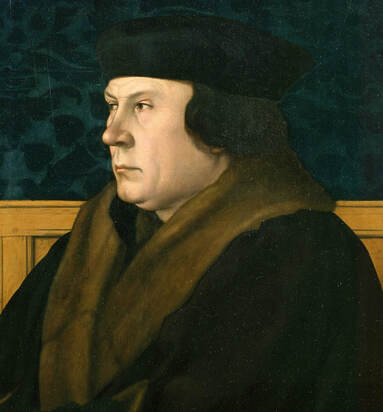 Thomas Cromwell
Thomas Cromwell
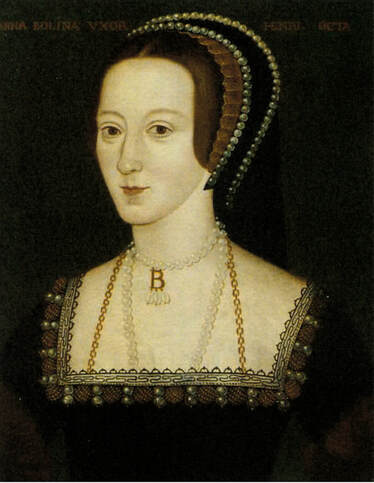 Floundering
Floundering
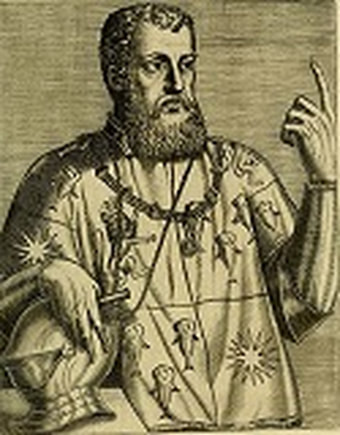 Philippe de Chabot
Philippe de Chabot
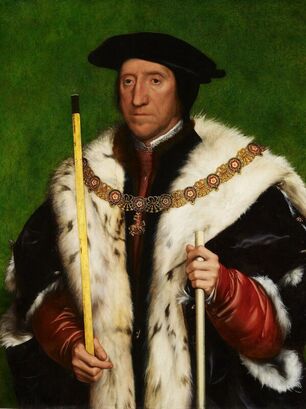 Thomas Howard Duke of Norfolk
Thomas Howard Duke of Norfolk
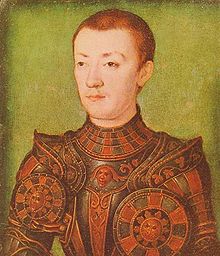 Francis Dauphin of France
Francis Dauphin of France
|
Henry VIII, the Reign.
|
Henry VIII, the Reign.
|